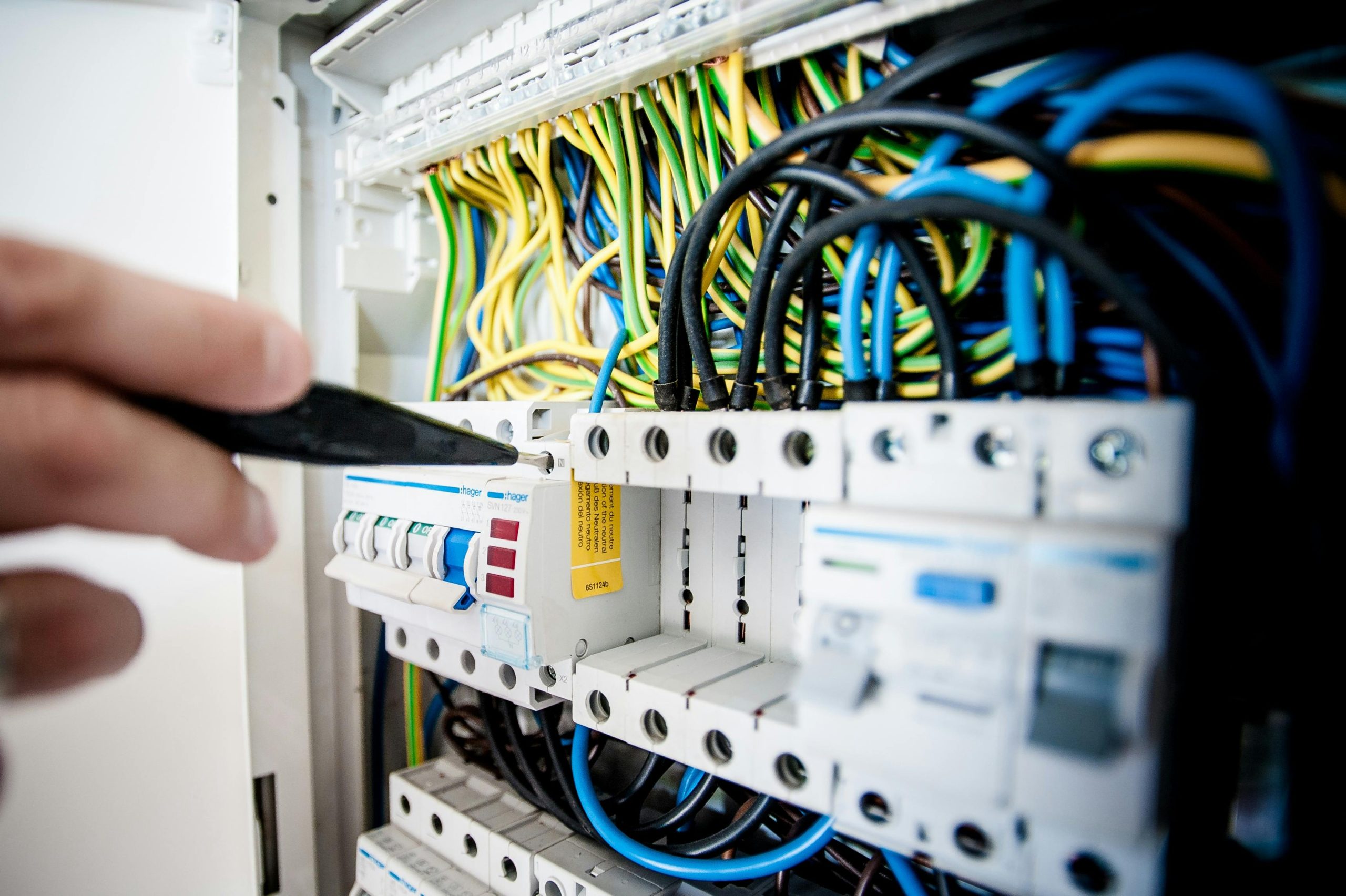Common Electrical Hazards That Can Cause Fires
Electrical fires are a significant threat to homes and businesses, often resulting in devastating consequences. Understanding the common electrical hazards that can lead to fires is crucial for prevention and safety. This article explores these hazards, providing insights and statistics to help mitigate risks.
Overloaded Circuits
One of the most prevalent causes of electrical fires is overloaded circuits. When too many devices are plugged into a single outlet or circuit, it can lead to overheating and potential ignition.
- According to the National Fire Protection Association (NFPA), overloaded circuits are responsible for approximately 20% of electrical fires.
- Common signs of overload include flickering lights, warm outlets, and tripped circuit breakers.
Faulty Wiring
Faulty or outdated wiring is another major contributor to electrical fires. Aging infrastructure, improper installation, and wear and tear can compromise electrical systems.
- In homes built before the 1980s, wiring may not meet current safety standards, increasing fire risk.
- Case studies show that homes with aluminum wiring, which is more prone to overheating than copper, are at a higher risk of fire.
Improper Use of Extension Cords
Extension cords are often used as a temporary solution for powering devices, but improper use can lead to dangerous situations.
- Using multiple extension cords in a daisy chain can create excessive heat and increase fire risk.
- According to the Consumer Product Safety Commission (CPSC), extension cords are involved in thousands of fires each year, resulting in injuries and fatalities.
Defective Appliances
Defective or malfunctioning appliances can also pose a fire hazard. Faulty wiring within the appliance or overheating components can ignite surrounding materials.
- In 2020, the CPSC reported that electrical failures in appliances caused over 50,000 fires, leading to significant property damage.
- Regular maintenance and inspections can help identify potential issues before they escalate.
Neglected Electrical Systems
Regular maintenance of electrical systems is essential for safety. Neglecting inspections can lead to undetected hazards that may result in fires.
- Homeowners should schedule periodic inspections with licensed electricians to ensure systems are up to code.
- Keeping an eye on circuit breakers and fuses can help identify problems early.
Conclusion
Electrical fires are a serious concern that can be largely prevented by understanding and addressing common hazards. Overloaded circuits, faulty wiring, improper use of extension cords, defective appliances, and neglected electrical systems are all significant contributors to fire risks. By taking proactive measures, such as regular inspections and proper usage of electrical devices, individuals can significantly reduce the likelihood of electrical fires in their homes and workplaces. Awareness and education are key to ensuring safety and protecting lives and property from the devastating effects of electrical fires.

No responses yet